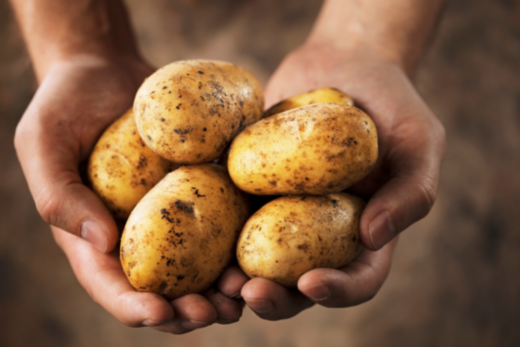Some people make the mistake of assuming that our dogs are carnivores because they like meat so much. This isn’t true — dogs are omnivores just like us, and they can get nutritional value from fruits and vegetables as well as meat sources.
Plenty of veggies are safe for our canine friends to consume. Let’s focus on one in particular: cabbage. Can dogs eat cabbage, or is it not a good idea?
The answer is yes, dogs can eat cabbage. This leafy green or red vegetable offers several health benefits for dogs because it’s full of good nutrients. However, cabbage has some potential risks for dogs, so you’ll want to be sure to feed it to your pooch carefully.
Keep reading to learn more about the benefits and risks of cabbage for dogs, as well as how to give your dog this veggie the right way.
What Are the Health Benefits of Cabbage?

Cabbage hails from the Brassica oleracea family of vegetables, alongside other cruciferous vegetables like broccoli, cauliflower, kale, and Brussels sprouts. Our dogs can eat these vegetables (provided that they’re prepared in a way that’s safe for dogs) and get plenty of good nutritional value from them.
This veggie is a low-calorie food, so you don’t have to worry about packing on extra pounds for your pet. It also contains various nutrients that are good for our furry friends:
- Antioxidants: Antioxidants help to boost your dog’s immune system, fight free radicals to combat cell degeneration, and have even been shown to improve brain health and reduce cognitive dysfunction in dogs. Some veterinarians even believe antioxidants have cancer-fighting properties.
- Vitamins and minerals: Cabbage is chock-full of vitamins and minerals that are good for your dog’s health. The list includes Vitamin K, Vitamin C, potassium, manganese, and beta-carotene, which helps your dog’s body create Vitamin A.
- Fiber: Like other green healthy vegetables such as broccoli and Brussels sprouts, cabbage has a high fiber content. Dietary fiber is important for your dog to help regulate their digestive system. Having the right amount of fiber in the diet is also helpful for avoiding issues like constipation and diarrhea.
Another great way to help regulate your dog’s digestive health? Native Pet’s Probiotic Powder. Our mix of probiotics and organic prebiotics helps to promote good gut bacteria, which can help your dog avoid stomach upset, constipation, and diarrhea.
What Are the Risks of Cabbage for Dogs?

Can dogs eat cabbage? While it’s a nutritious choice, this vegetable isn’t without risk. Before you start incorporating cabbage into your dog’s diet, know that there are risks like:
Constipation
Yes, the fiber content in cabbage can help avoid constipation. But fiber is fickle — too much isn’t good. Large amounts of fiber can actually cause constipation, creating serious discomfort for your dog.
How can you tell if your dog is constipated? The common signs include a lack of defecation for several days and hard and dry stools. Your dog may also appear distressed, perhaps pacing restlessly or whining. If you’ve fed them cabbage recently and you see these signs, it’s a safe bet the veggie caused some constipation.





